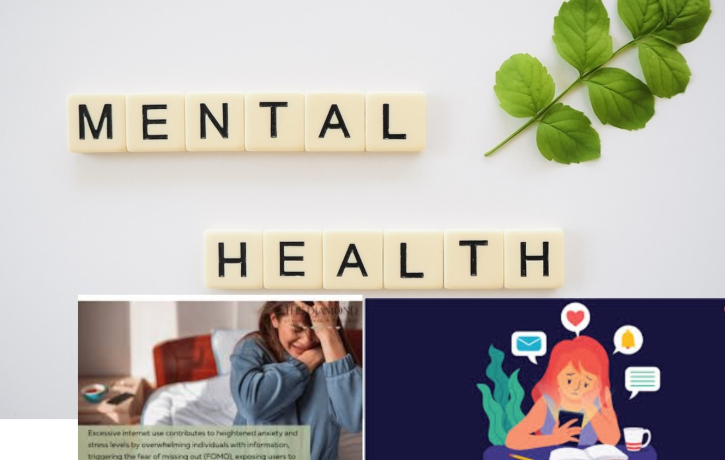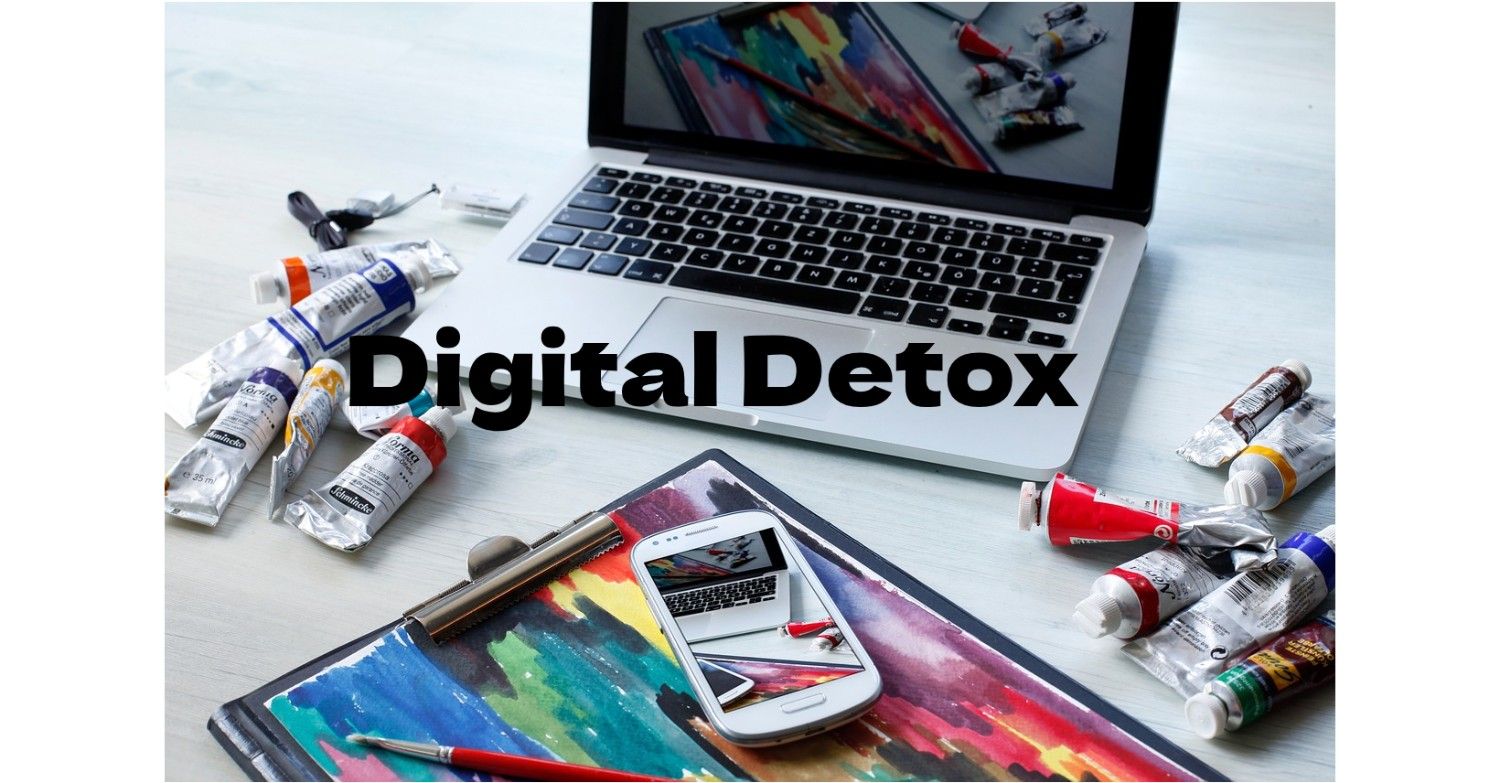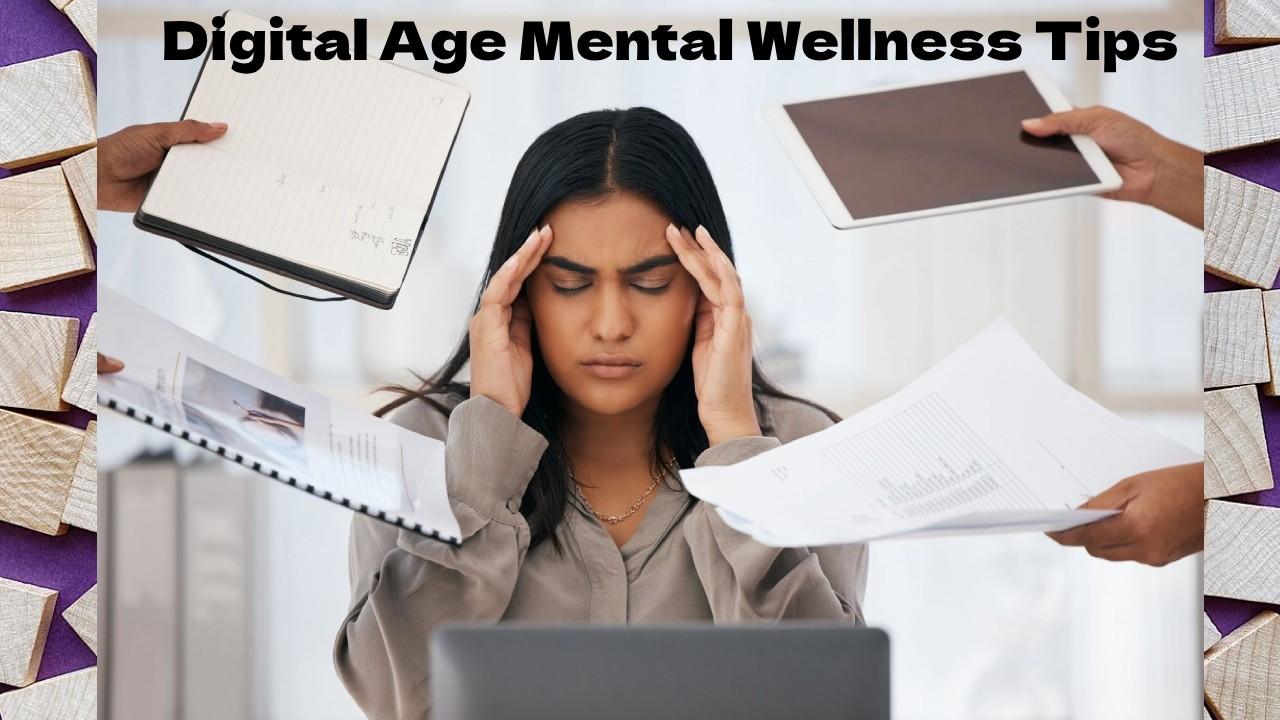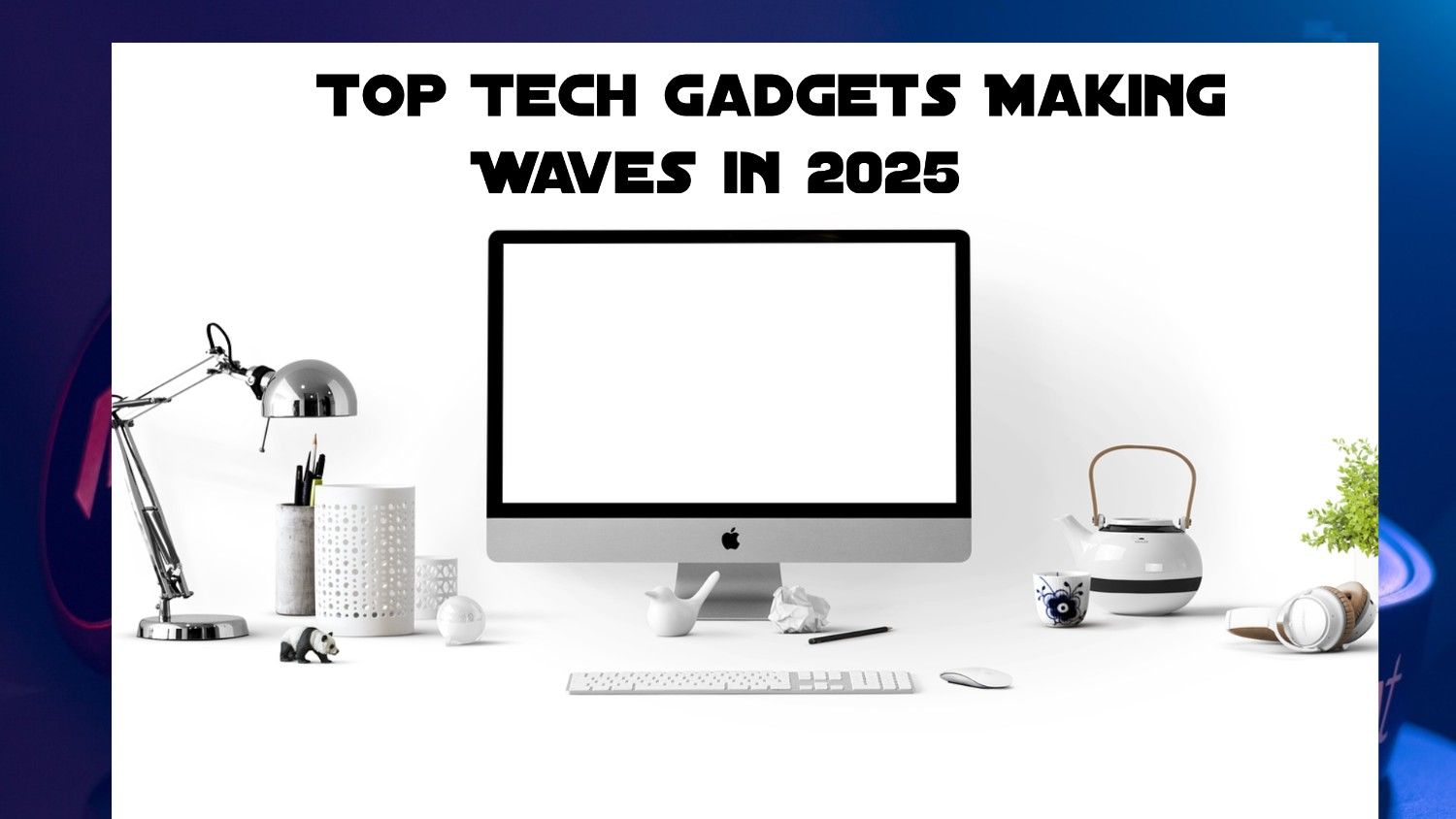- 1 Introduction to Screen Fatigue
- 2 Online Stress: A New Problem
- 3 Mental Health Effects of Overuse of Screen Time
- 4 Physical Consequences Resulting from Digital Overload
- 5 How to Overcome Screen Fatigue
- 6 Managing Online Stress
- 7 Importance of a Digital Detox
- 8 Healthy Digital Habits
- 9 Supporting Mental Health at Work Employers and organizations can do much to mitigate the adverse effects of screen fatigue and online stress.
- 10 Conclusion: Navigating Mental Health in the Digital Age
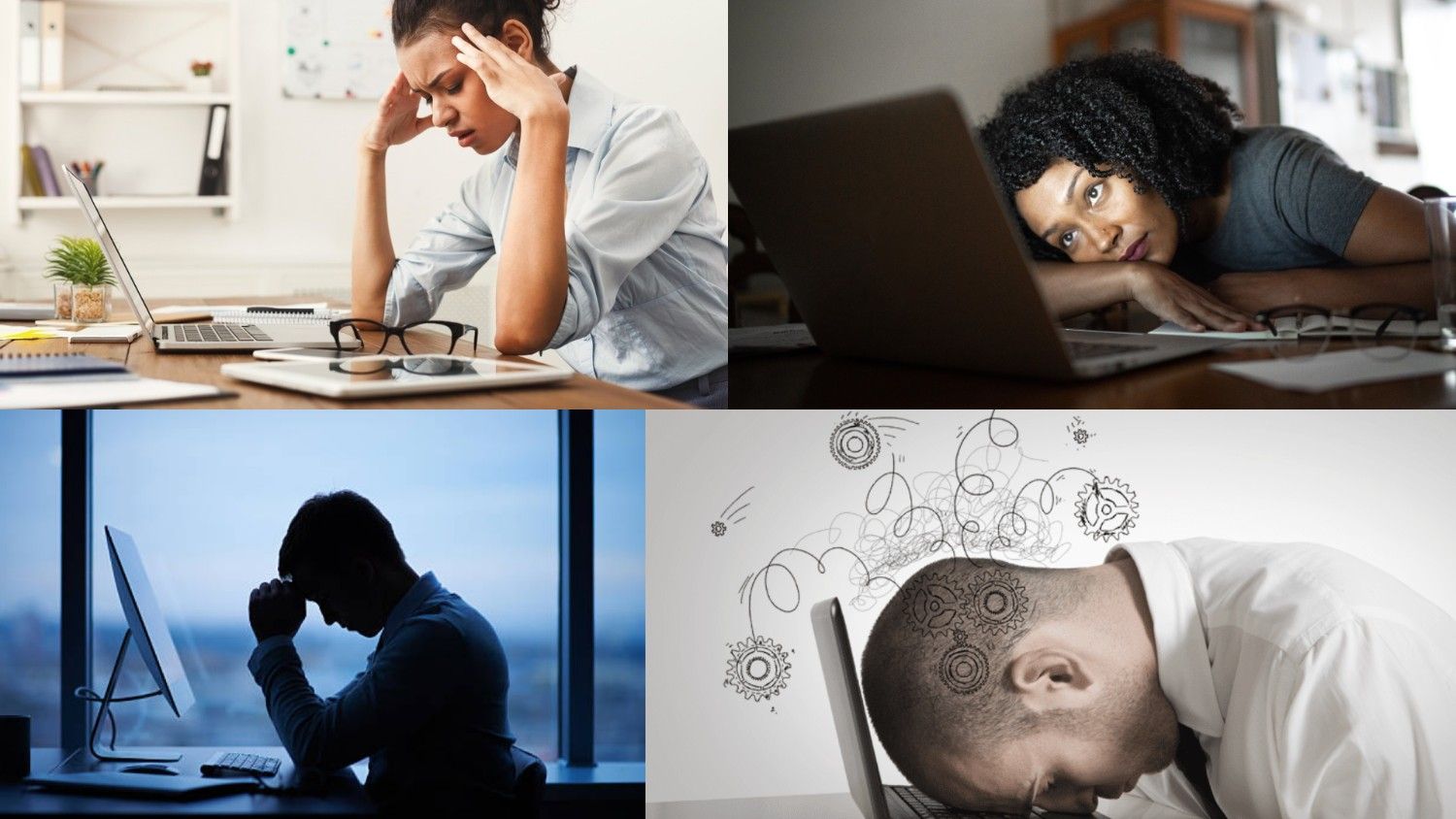
The digital revolution has been a real game-changer. Mental health in the digital era is unprecedented convenience, connectivity, and access to information. However, these have also resulted in specific mental health difficulties stemming from excessive exposure to screens and an uninterrupted, constant online presence. Individuals endeavoring to live, work, interact, and relax in this new era of screens encounter widespread experiences of screen fatigue and online stress.
We discuss here the impact of overuse on mental well-being, what causes it, and a few practical strategies to minimize such effects and encourage healthier habits online.
Introduction to Screen Fatigue
Screen fatigue, also called digital fatigue, is a condition based on exhaustion and discomfort that manifests itself through the prolonged use of digital devices. This phenomenon affects physical as well as mental health, often showing symptoms including headache, eye strain, irritation, and decreased focus.
Primary causes of screen fatigue:
Extended work hours; many professionals spend more screen time working from home and in hybrid work environments.
Social Media Overload: It leads to mental exhaustion as one is constantly scrolling and getting notifications.
Lack of Breaks: Due to little time away from screens, the eyes and brain become strained non-stop.
Online Stress: A New Problem
Aside from screen fatigue, online stress is the other major issue surfacing. This type of stress comes about through online connectivity pressures, cyberbullying, unrealistic social media standards, and information overload.
How Online Stress Presents:
Fear of missing out (FOMO).
From constant notifications and emails, a feeling of being overwhelmed.
Stress from comparing one’s life with the perfect presentation of people online.
Mental Health Effects of Overuse of Screen Time
Excessive screen use impacts multiple areas of mental well-being and leads to:
Sleep disorders: blue light exerts a suppressive effect on melatonin generation, disrupting sleep patterns.
Higher levels of anxiety and depression: Social media overuse can further increase feelings of inadequacy and isolation.
Lowered Productivity: Continuous exposure to displays interferes with concentration and productivity.
Physical Consequences Resulting from Digital Overload
Mental health aside, excessive exposure to screens leads to physical problems that can be brought about by:
Video Display Eye Strain: Also referred to as computer vision syndrome, which manifests itself through blurred vision, dry eyes, and headaches.
Unhealthy Lifestyle: Sedentary behavior is brought on due to the long periods of time an individual spends before a screen.
Neck and Back Pain: Poor posture while using screens results in musculoskeletal issues.
How to Overcome Screen Fatigue
a. Apply the 20-20-20 Rule
For every 20 minutes spent staring at a screen, take a 20-second break and gaze at something 20 feet away. This reduces eye strain and gives your brain a break.
b. Define Your Digital Boundaries
Allocate screen-free time like over meals or right before bed.
Use apps to limit your social media or phone usage.
c. Optimize Your Workspace
Use ergonomic furniture to maintain good posture.
Adjust screen brightness and position to reduce glare.
Managing Online Stress
a. Practice Digital Mindfulness
Be intentional about your screen usage. Regularly ask yourself if your online activities are adding value to your life or contributing to stress.
b. Curate Your Online Space
Unfollow accounts that negatively affect your mental health.
Interact with content that inspires positive growth.
c. Eliminate Notifications
Turn off or silence unnecessary notifications to minimize interruptions and feelings of being overwhelmed.
Importance of a Digital Detox
Digital detox is simply spending some time away from screens to replenish and reconnect with activities away from technology.
Benefits of doing a Digital Detox
Increased mental clarity and reduction of stress
Improve the quality of sleep and well-being
More potential for meaningful interactions in person.
Begin by devoting just a day or several hours weekly to being unplugged.
Healthy Digital Habits
a. Set Meaningful Goals for Reducing Screen Time
Make use of screen-time tracking apps or tools that track progress and thereby help to lower usage over time.
b. Have More Offline Time
Spend time online less often for hobbies, exercise, or talking with others in person.
c. Practice Self-Care
Develop relaxation practices like meditation, deep breathing, and journaling to counter the stress caused by all that screen use.
Supporting Mental Health at Work Employers and organizations can do much to mitigate the adverse effects of screen fatigue and online stress.
Recommendations for Places of Work
Promote break times through reminders or policies.
Offer mental health resources, such as counseling or wellness programs.
Promote flexible schedules at work to ensure a proper balance between screen time and personal life.
10. Professional Help If the stress or information overload of the new digital environment proves too much to handle, one may seek a mental health professional’s services. Therapy and counseling can offer tools for coping with life in the digital age.
With great advancements has come the digital era, which brings about new stressors on mental health. Understanding screen fatigue and online stress enables healthy habits to be implemented in order to achieve a balanced relationship with technology.
Prioritize self-awareness, take proactive steps to curtail your screen time, and embrace offline activities to safeguard your mental well-being in this hyperconnected world. And remember, managing your digital habits is not just about reducing stress; it is actually about enhancing the quality of your life.

